Tony Mendoza Diaz
"[Boundaries are] a lesson in how to navigate the world. Having boundaries at home, in a safe environment where you can be coached on what to do, is an important part of becoming a socially responsible person."
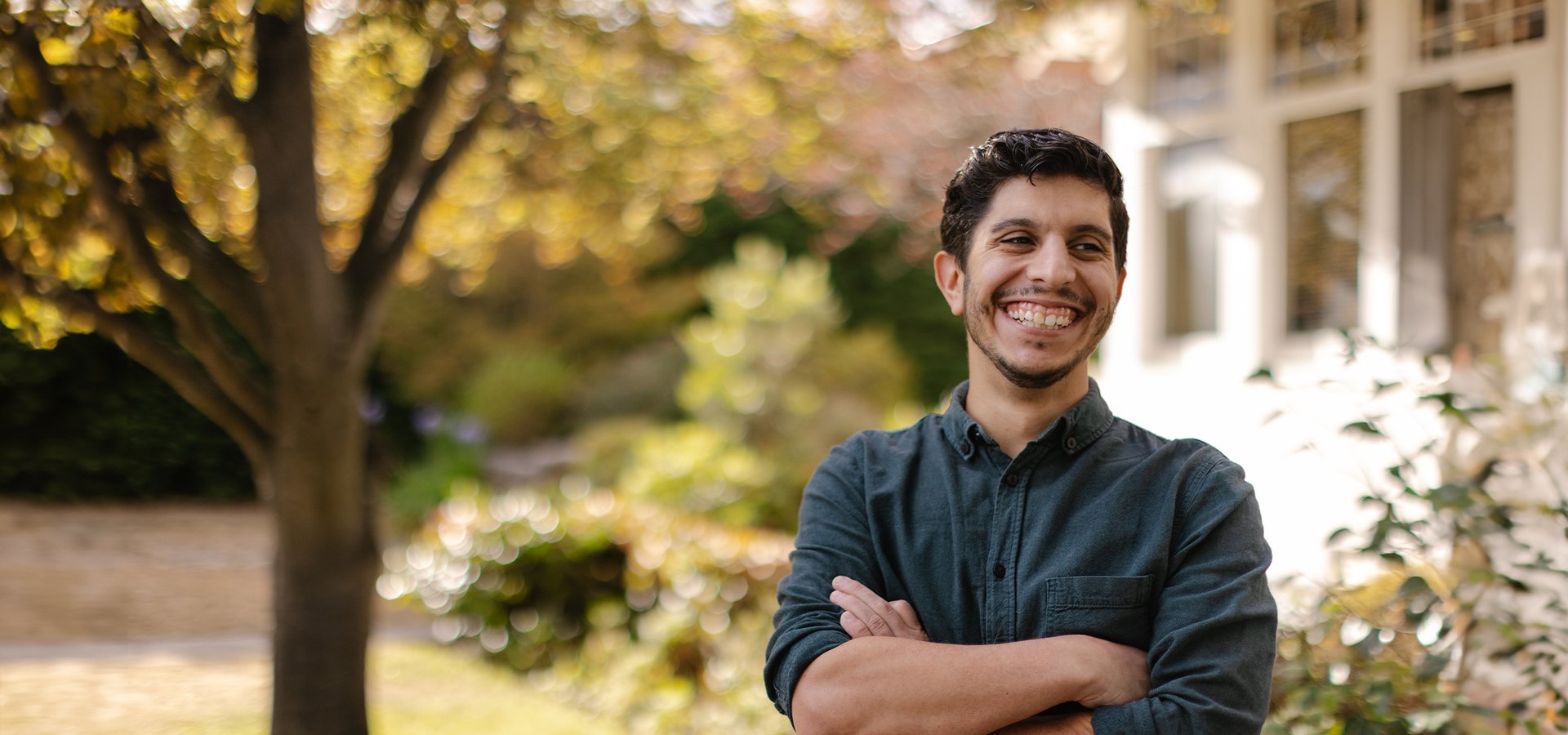
"In Tassie we play to our strengths. Innovation looks like using communities to improve mental health, like nature-based therapies, or strong partnerships between institutions. It’s about that feeling of togetherness."
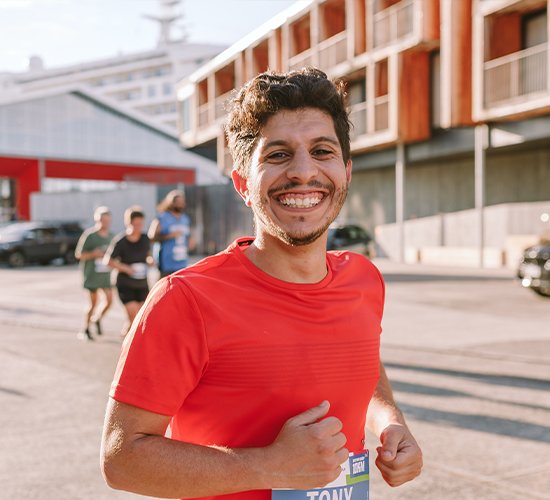
When Tony was a teenager in Caracas, Venezuela, his mother, a preschool teacher, would come home from work and talk with him about her day.
She challenged Tony to think about the reasons why people act the way they do. “She had this psychoanalytic lens. If a child wanted their nappy to be really tight, we’d talk about if there might be something behind it, like a need for control or a specific anxiety.” These conversations were Tony’s first introduction to the benefits of supporting children’s mental wellbeing from the very beginning of their lives.
As a student, Tony became even more passionate about social issues, helping his friends get involved in civic movements. He actively campaigned against totalitarian policies in Venezuela. When the laws passed anyway, Tony realised his home country was changing in ways that clashed with his own values. He decided to study overseas, searching for somewhere that matched the way he wanted to live. He chose Australia.
When Tony arrived in Canberra to study psychology at the Australian National University, he realised he wasn’t exactly prepared. The first time he went to a supermarket, he didn’t recognise any of the brands, and he figured out what to buy by asking other shoppers for recommendations. When the old oil heater in his dorm room took ages to heat up, he was sure it was broken. He shivered through the cold Canberra nights not knowing all he needed to do was wait a few more minutes. But once Tony settled in, he flourished. He loved ANU and was passionate about his studies. And it was there that he met his partner, Anjie, who was born and raised in Tasmania’s Huon Valley.
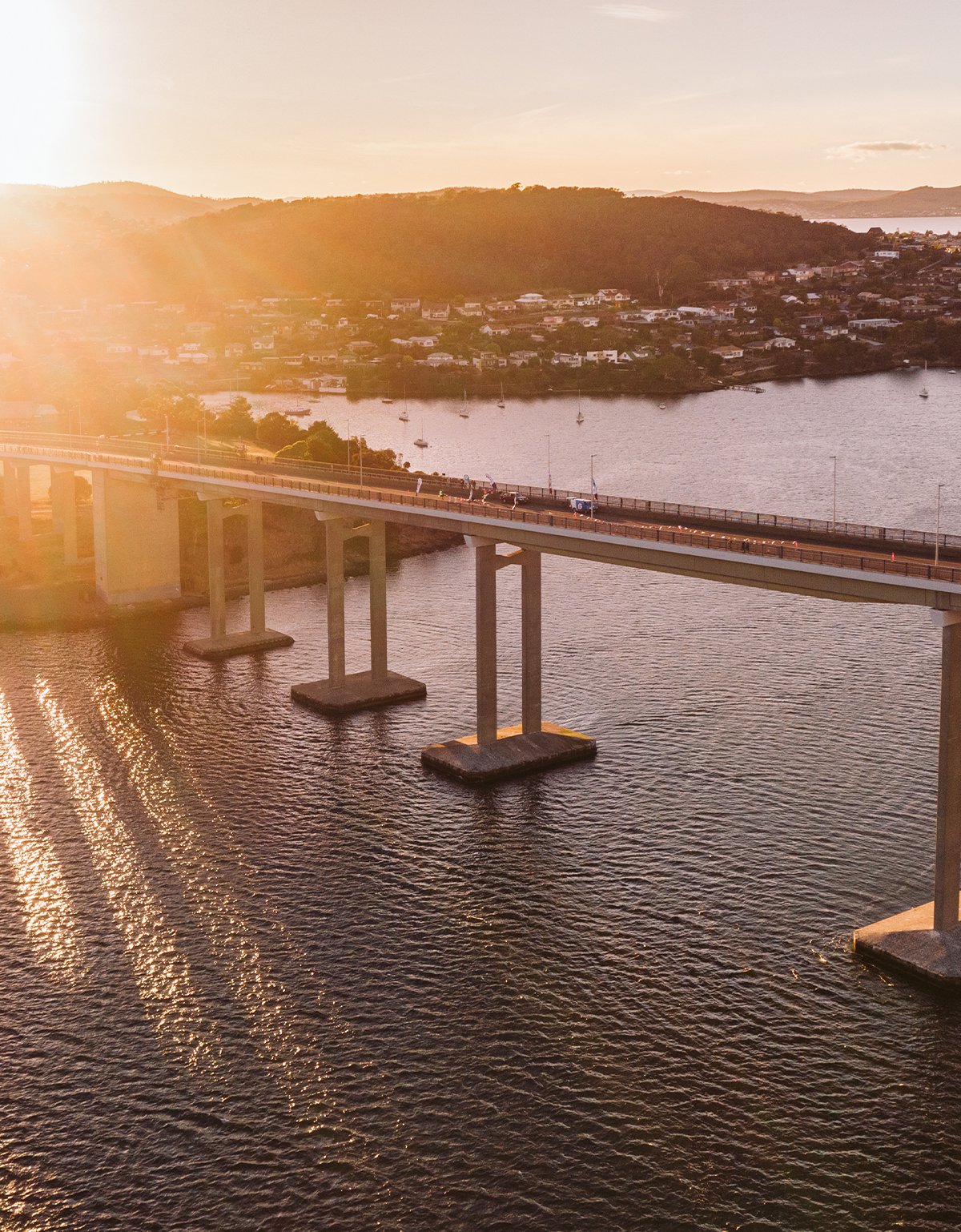
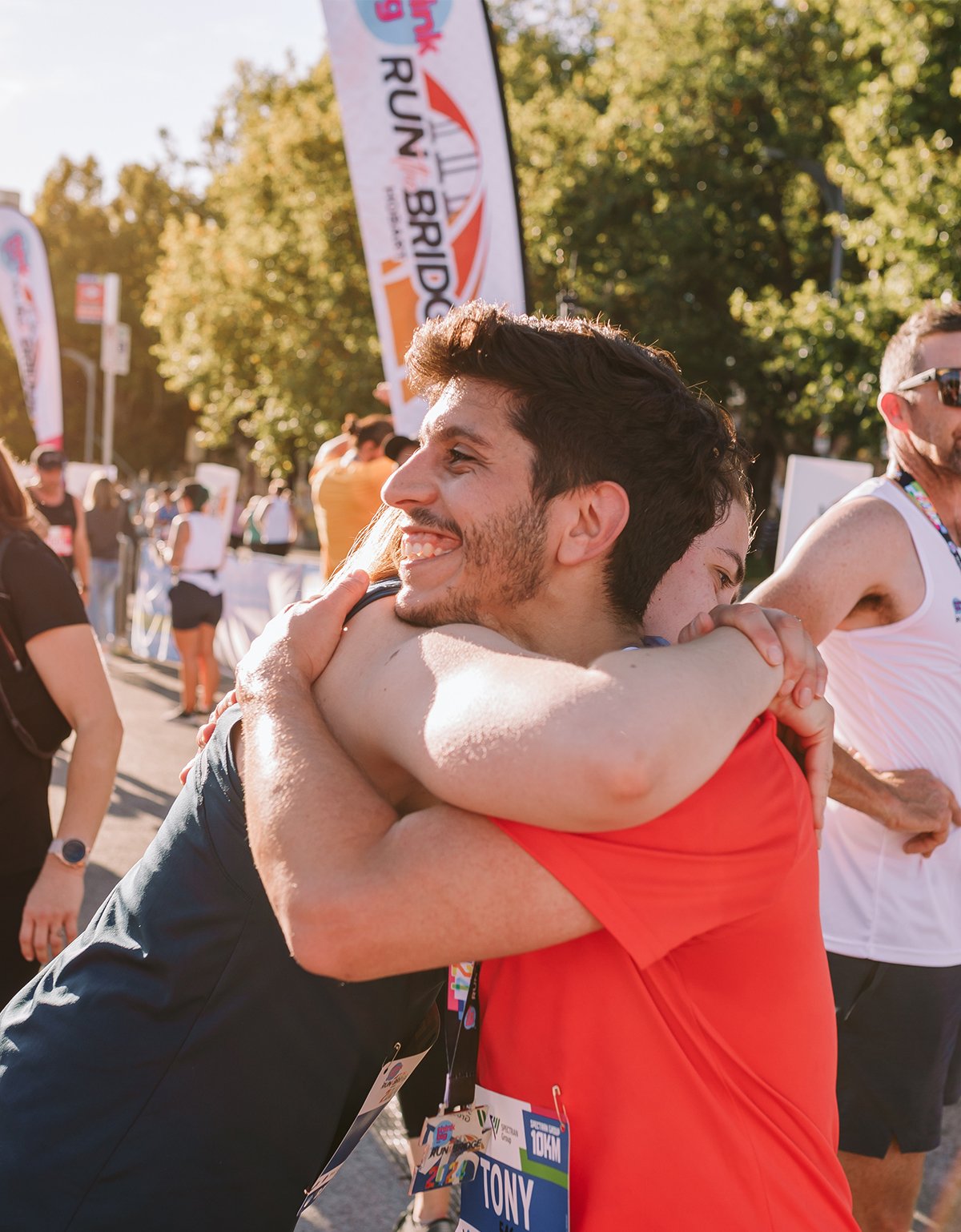
Anjie loved Tasmania: its wilderness, its local businesses, and her family and friends who still lived there. If a photo of Tasmania popped up on the internet, Anjie could name the exact place it was taken. To Tony, it was magical that she knew all these wild places. “She missed being near forests, being in the wilderness, in a way I understood logically but I didn’t understand it with my heart,” he recalls.
When Tony visited Tasmania with Anjie for the first time, they walked the Overland Track, a 65 km, six-day alpine trek—in winter. It was a far cry from the city of 2 million people where he had grown up. Tony had never been on an overnight walk like anything like the Overland, and he had no idea what to expect. But it wasn’t the cold that surprised him. “It was eye-opening, in the sense that it was so beautiful, the landscapes so varied, in a way I had never experienced. I was like, ‘Wow, I can’t believe a place like this exists.’ You feel at peace.”
Tony and Anjie moved to Sydney, where they would spend the next five years. Tony powered through his studies, finishing a Master of Clinical Psychology, a PhD, and a post-doc. “I was really interested in the interaction between nature and nurture, and in my doctoral studies I focused on attachment in early childhood.” Tony found his career home in clinical child and youth psychology. “When I met the psychologists who worked with children, I thought, ‘Yes! This is my crowd; they speak my language!’”
Tony began working in translational research teams, which often work with health professionals actively involved in seeing patients. This “democratisation of research” called to Tony. He loved helping clinicians learn and do research in their day-to-day work. “I found it really rewarding to show people that everyone can be involved in research. It’s not an ivory tower university thing, and it’s best done together, not alone.”
Sydney life was busy, and Tony and Anjie had less time for family and nature than they wanted. When the COVID-19 pandemic hit, a life in Tasmania started to call to them even more. Tony saw a job ad that appealed to him, working in the Child and Youth Mental Health Service (CYMHS). As luck would have it, the director of CYMHS was setting up a new translational research centre focused on mental health. Before he knew it, Tony was in Hobart, working with the Tasmanian Centre for Mental Health Service Innovation. The centre works across the state on research, evaluation, training and advocacy. “When people first think of innovation, they often imagine something very high-tech and Google-ish,” Tony laughs. “We don’t exclude that, but in Tassie we play to our strengths. Innovation looks like using communities to improve mental health, like nature-based therapies, or strong partnerships between institutions. It’s about that feeling of togetherness, to be able to make everyone feel like they have a purpose, a goal, like they matter.”
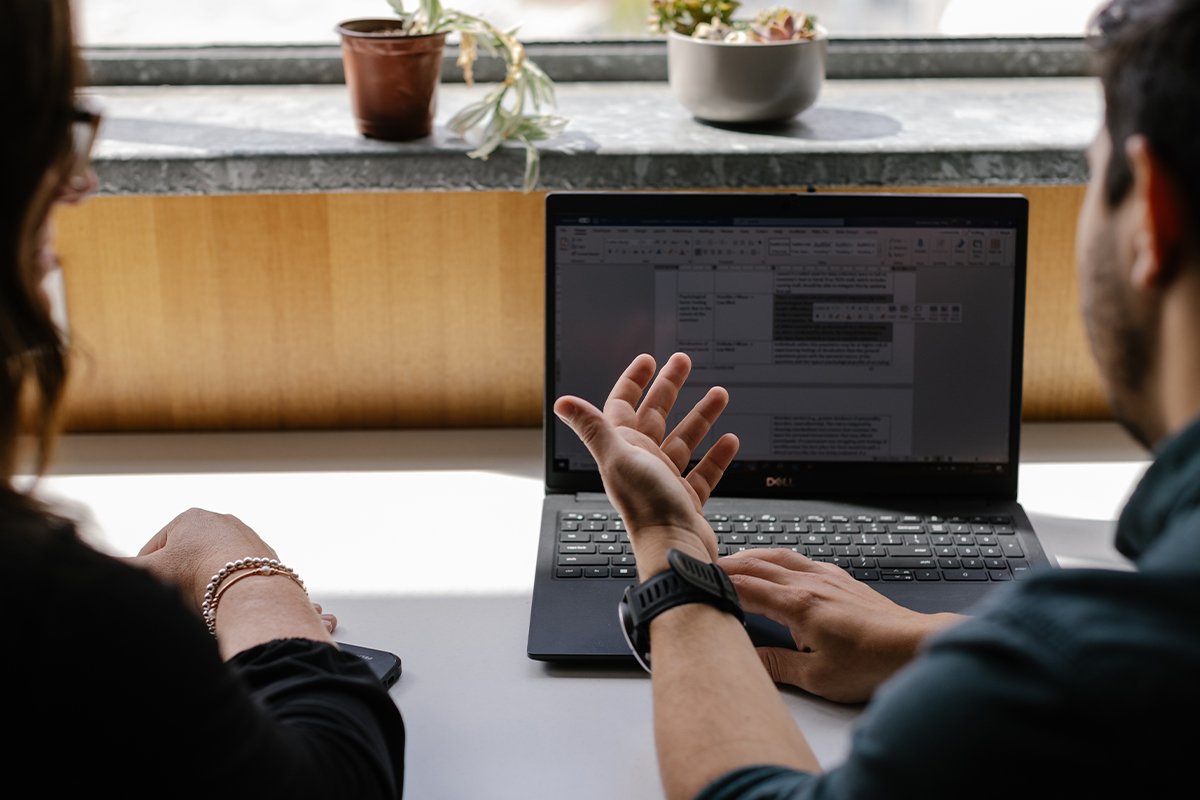
Reading to kids, exposing them to lots of words, and lots of social interaction, is really, really important.
Research is a big part of Tony’s working life, but he still does one day of clinical work every week. On this day, he sees families from all walks of life. After all his years of research and practice, it might seem like Tony would have all the answers on how to be the perfect parent. Instead, he suggests aiming for “good enough” parenting.
Of all the things families can do, Tony says, “reading to kids, exposing them to lots of words, and lots of social interaction, is really, really important.” Talking with family and friends, describing the world, asking about their feelings, and reviewing what you’ve done together recently are some of the most meaningful interactions a child can have early on. He suggests “treating technology like any other environment. You wouldn’t let your young child roam free in the supermarket, so don’t let them roam free on YouTube. You’ll never be able to—nor should you—control everything your kid is exposed to. It’s not about making people feel guilty but about being curious. Make the time to talk about their online space and see what’s going on for them.”
Tony says that one of the toughest parts of raising kids can be teaching them about rules and boundaries. “They’re a lesson in how to navigate the world. Having boundaries at home, in a safe environment where you can be coached on what to do, is an important part of becoming a socially responsible person. If children set the boundaries themselves, deciding how far to push and how much is too much, it can be a large burden for them. It can make them feel anxious or become overly controlling. Healthy boundaries are almost like a hug, they are containing in a way that allows them to know what is appropriate in a respectful and caring way.”
In his research, Tony has found that many families have a hard time knowing when to be concerned. “They’ll say, ‘I have no idea what a normal child should be doing in this situation.’” It’s ok not to know, and it’s ok to ask for help. There are lots of online resources, like the Raising Children Network, that are free and effective. Online interventions like Parentworks (for disruptive behaviour) or the BRAVE Program (for anxiety) can be helpful for many families. The next step is to talk to a GP, who can write a mental health care plan, even for young children. If things still aren’t improving, families might be referred to Child and Youth Mental Health Services. Tony says, “When it gets to the point where parents or children can’t leave the house, when they can’t do the things they want to do because of their child’s mental health issues, that’s when to seek help.” Through the centre, Tony and his colleagues are working to make a community where it feels like change is possible.
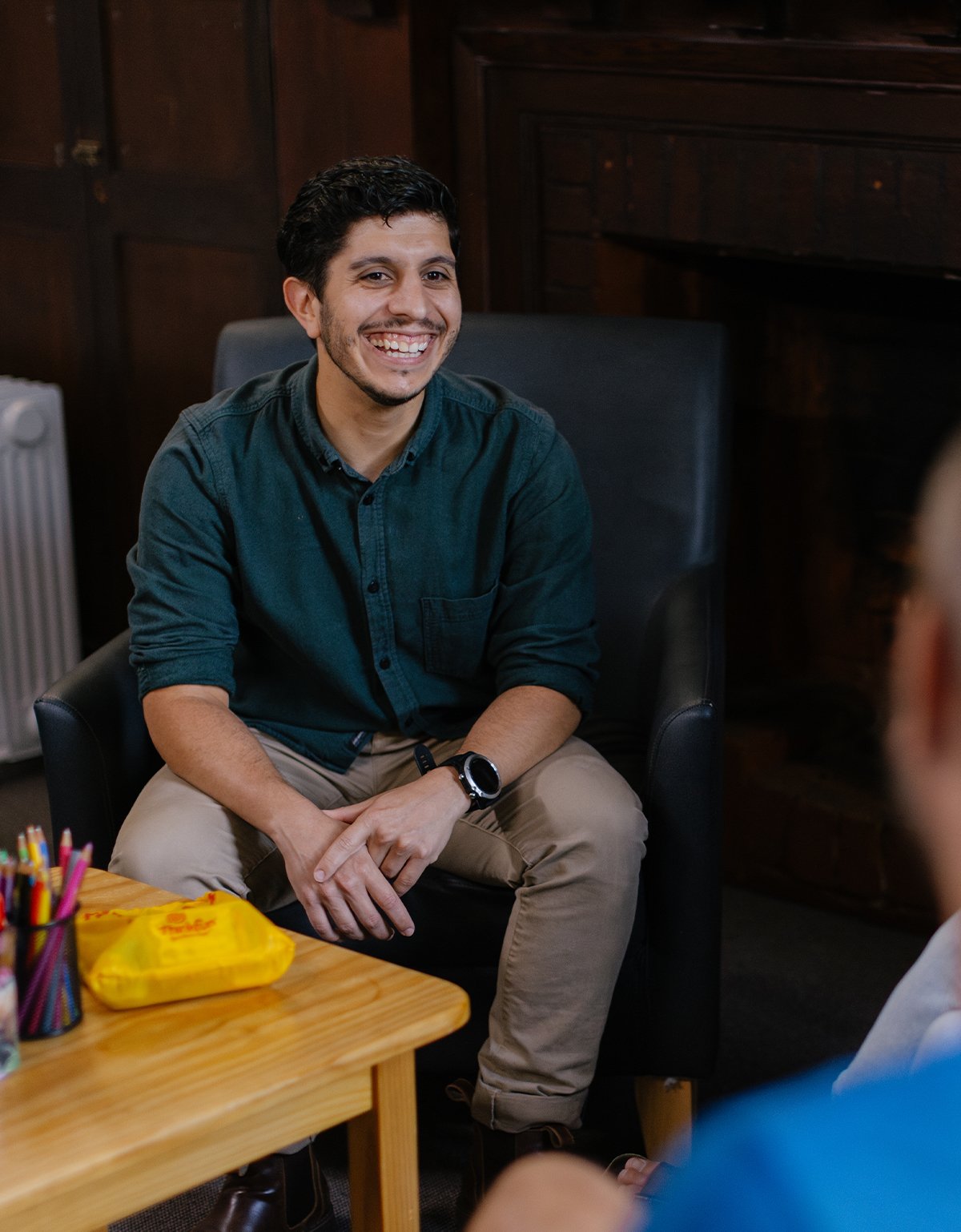
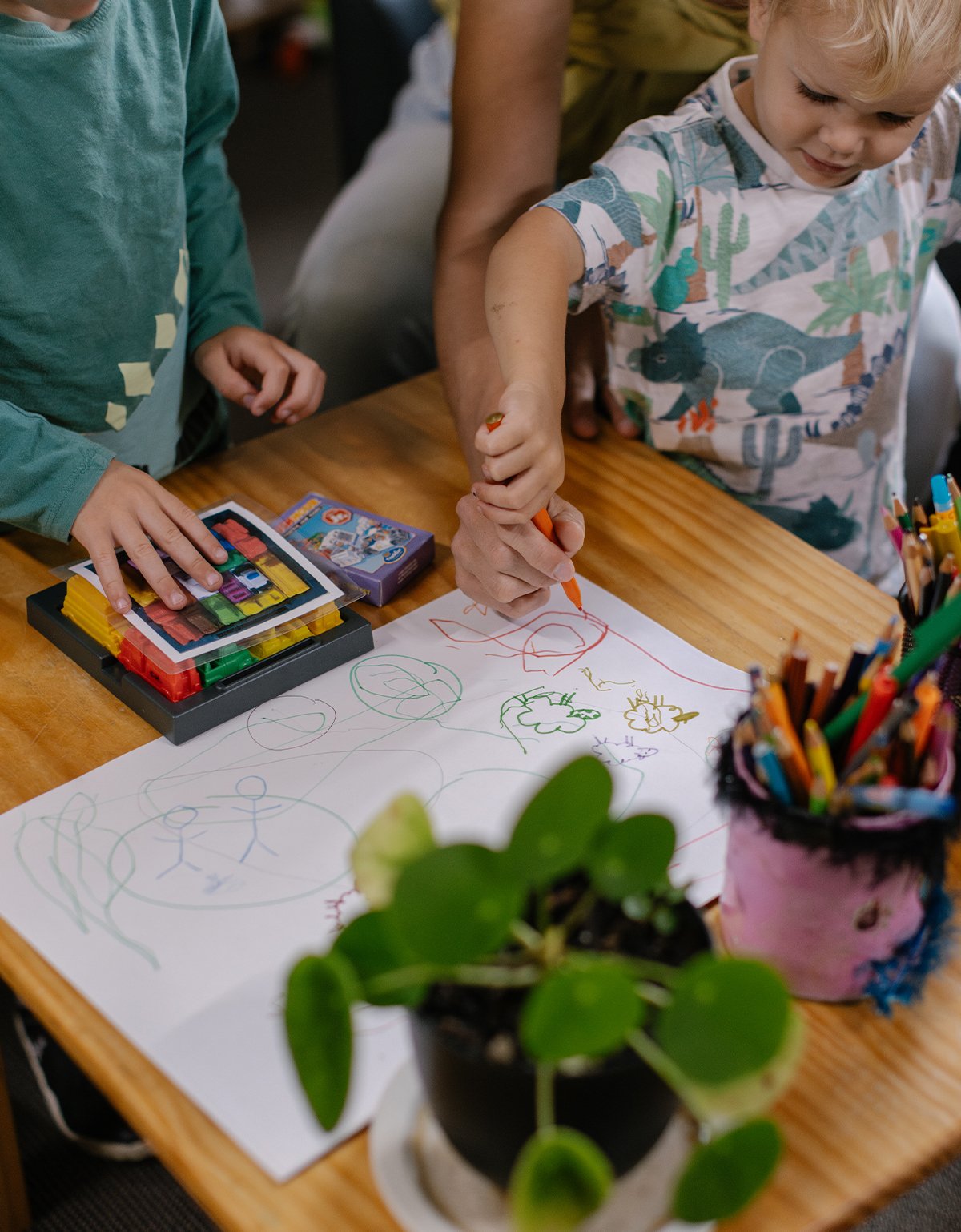
Tony’s days are packed, but he and Anjie connect deeply with Tasmania beyond work. Tony loves the outdoors and playing soccer. He volunteers for Landcare and runs Parkruns on the weekends. “I’ve found a lovely book club, an awesome barber, a Dungeons & Dragons group, pottery classes, and gardening friends—community groups that have helped me feel part of the social fabric.” Tony organises a work bushwalking club, with an annual program that includes everywhere from Walls of Jerusalem to Hartz Peak. “We mix it up so anyone can come. What better way to get to know someone than walking side-by-side in our beautiful landscape?”
It's now been a year since Tony and Anjie moved to Tasmania. Years after leaving Venezuela, Tony has found the way of life he was searching for. “In Tassie you have space to breathe, take time, and wander in a way you don’t in big cities,” he reflects. “If you’re thinking of moving here, what are you waiting for? Give it a shot! It’s not going to be easy all the time. But there is a community here that’s building around really cool values, like being respectful to nature or being part of a community that cares for each other. If you want to be part of that, to find meaning in your life and work beyond how much money you’re making, then Tasmania may just be the place for you.”
We worked with north west Tasmanian photographers Moon Cheese Studio, southern Tasmanian photographers Studio Hubert, and southern Tasmanian videographers Bree Sanders and the Human Story Film for this Tasmanian story.